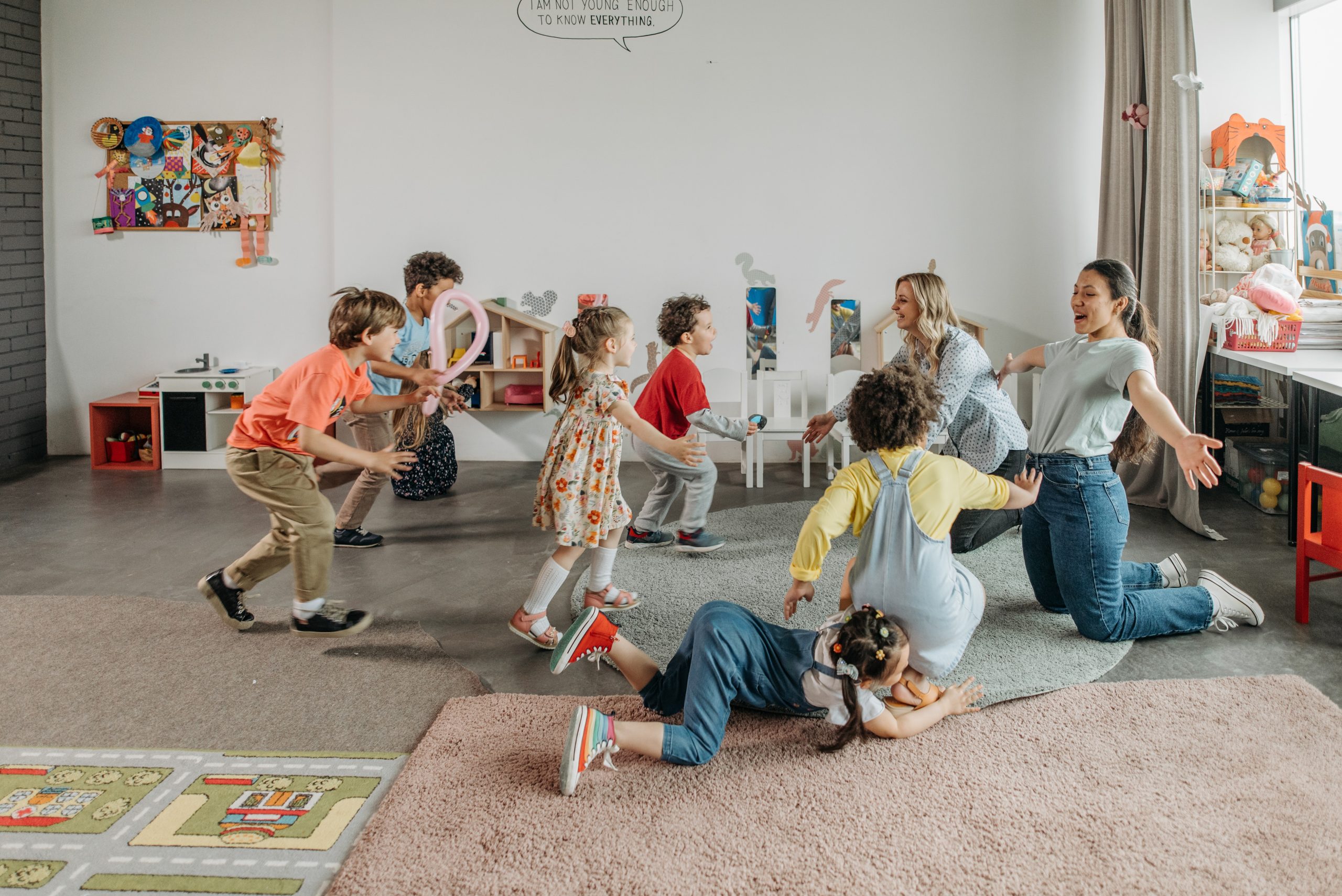Description
Since March 2017, La Ligue des Familles and Convivial has been offering Belgians and long-time resident citizens the opportunity to come into contact with refugees living in their immediate neighbourhood. These citizens then offer various services according to their availability, skills, desires, etc. while respecting the needs and wishes of refugees. Neighbours can provide help with homework or transport, discovering the neighbourhood or the city, reading mail, talking in French, sharing a meal, etc., - the type of support provided is different each time, depending on what the Belgian neighbours and refugees decide to do together. Convivial and the Ligue des Familles supervise the recruitment, training and networking of Voisins Solidaires between them. They also offer distance mediation and collective support throughout the project. Great freedom of action is offered to allow the relationship between Belgian neighbours and refugees to develop in a flexible and spontaneous manner. Since 2017, around a hundred households have met their refugee neighbours, helped them, accompanied them or simply invited them to share some time together. The project is funded by La Ligue des Familles and Convivial.
- Children maintain their cultural identity while adopting new cultural values and intercultural competences
- Children's academic skills
- Children's competence in host language
- Children's life satisfaction / happiness
- Children's sense of belonging
- Friends and peers (bridges)
- Friends and peers (support)
Evaluation ex post
On the evaluation side, the organizations carry out project evaluation meetings with the volunteers 1X / year (except last year) and Convivial evaluates the number of matches which have endured over time (before confinement).
Projects’ deliverables
The project has a website as well as a Facebook page. During the recruitment campaign for new volunteers, it uses also the local media, the press at large (via a press release), as well as word of mouth.
Reproducibility
Yes, since the creation of the project in 2017, the project has been replicated by other associations, even if not exactly in the same form but rather in the spirit of sponsorship with migrants in the broad sense.
Motivation for the submission
The project reflects a holistic work within neighbourhoods to promote integration by creating bonds with refugee and migrant families and host communities.



